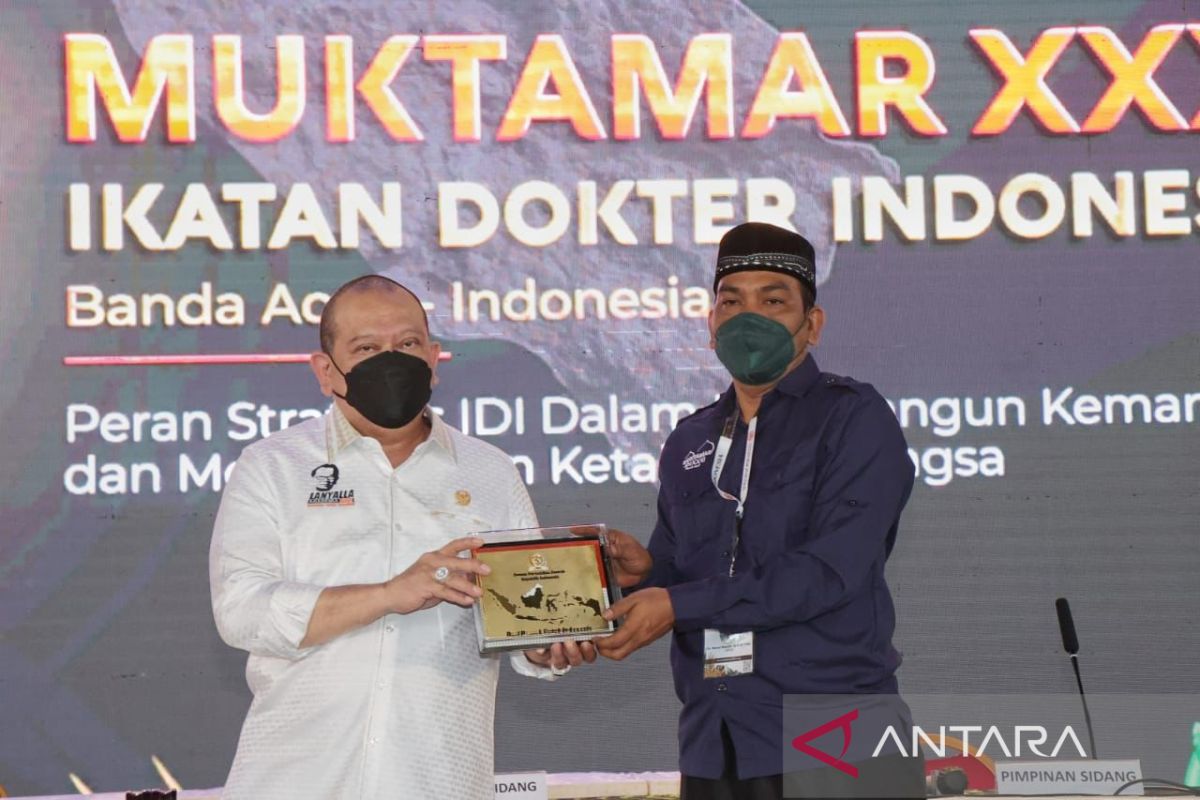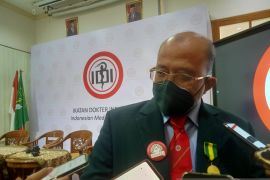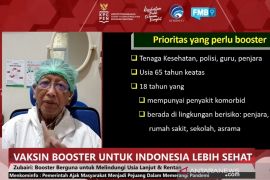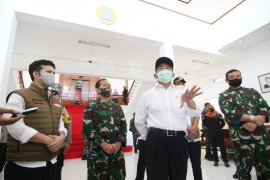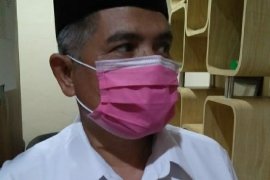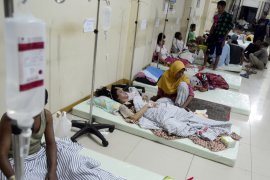The COVID-19 pandemic has presented a valuable lesson for Indonesia and impetus to reorganize its health sector, he said.
“As a nation, we have just realized that our resilience in the health sector is still very low,” he remarked at the IDI 31st Congress, themed “Nationalism in the Body of Indonesian Doctors as the Basis of National Resilience,” here on Friday.
When a large spike in COVID-19 cases occurred earlier, hospitals in the country almost collapsed, he noted. Aside from that, the spike in cases also led to fatalities among medical personnel, and a lack of health facilities and medical equipment was reported everywhere.
The pandemic also revealed the quality of public health, which turned out to be vulnerable due to comorbidities, he added.
"We now know that imported products still dominate our medical equipment industry. Nearly 90 percent of essential medical devices are still imported," he highlighted.
To this end, he stressed that the government needs to prepare a comprehensive road map to strengthen national resilience in the health sector.
The DPD speaker noted that Indonesia will still face threats in the health sector that are predicted to be caused by the impact of climate change.
According to Mattalitti, as a nation, it is crucial to strengthen resilience in strategic sectors, such as the health sector, food sector, education sector, defense sector, and security sector.
Therefore, strengthening of resilience in the health sector must be done by examining problems that are upstream, not problems that are downstream, he said.
"One of the upstream problems of our national health, apart from the weakness of health facilities, especially outside Java and on islands, is also the uneven distribution of doctors," he remarked.
Related news: Budget realization in health sector increased by 69 percent
Related news: Health reform has become a priority: ministry
Translator: Khalis Surry, Raka Adji
Editor: Suharto
Copyright © ANTARA 2022
